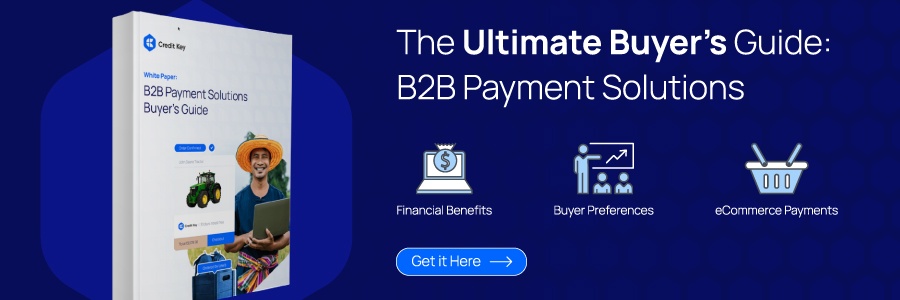One of the core challenges for today’s B2B firms is creating outstanding customer experiences. What do we mean by outstanding customer experiences? In B2B e-commerce, that means one thing: Making the buyer’s job easier. From anticipating customers’ needs to providing detailed and easily accessible product information, B2B businesses that make it easy for their customer to shop and buy products often outperform those who don’t.
To create customer experiences that are memorable, easy, and accessible, businesses need to connect the dots between their customer’s behavior, product information, and a host of other data sources. B2B transactions are no longer simply about selling X number of widgets to every customer possible. Today, it’s about personalizing online shopping and streamlining processes, and to do this, businesses need to have a 360 degree view of their customer as well as insights into their own operations.
Technology plays a key role in helping B2B firm succeed—that’s nothing new. But while B2B firms have grown over the decades, the technology has not always kept up. B2B firms have mostly rely on multiple software systems to run their business, but these systems don’t always talk to each other. This leads to glaring operational inefficiencies as well as missed opportunities to provide vastly superior customer service. Integrating these platforms is essential for today’s B2B firms to succeed. Let’s take a look at the three most important ones.
ERP Systems
Enterprise resource planning (ERP) systems are the beating heart of many businesses, and are an essential component to integrate with an e-commerce operation. ERPs connect the data between various departments—accounting, production, sales, marketing, etc.—and provide key insights into the health of the business and its operations. Adding an e-commerce platform that integrates with a firm’s ERP can have powerful effects on the business in terms of efficiency and resource management. For instance, an ERP can monitor inventory levels, which can then be displayed in real time to buyers through the e-commerce website. It also can help the seller to track inventory and better forecast needs. What’s more, an ERP integration with an e-commerce platform can provide sellers with better insights into their own e-commerce operations, including much of the financial data related to sales, cash flow, and profitability.
CRM Systems
Customer relationship management (CRM) systems capture and track interactions between a business and its customers. They’re often used to guide prospective customers through the sales funnel, but also can be used to monitor customer behavior over time in order to provide actionable insights for sales and marketing teams. And that’s where an e-commerce integration can be extremely powerful. Integrated CRMs can help sellers see all the relevant information about who is buying what products, when they’re buying them, what combinations they’re buying them in, etc. Using this data, sellers can gain better understanding of what products are being sold and, more importantly, develop conclusions about why they’re being sold. And from there, they can more finely tune their customer segments and develop a more personalized approach to marketing for each customer.
Payment Systems
Of course, in e-commerce, ensuring that your payment system works flawlessly is a must-have. Without this crucial final step, all the resources spent on getting customers to the website and getting them to use it are wasted. And research shows that payments systems that are long and complicated result in lower conversion rates (i.e. fewer sales).
Typically, when we talk about integrating payment systems, we’re talking about integrating payment gateways, which enable an e-commerce site to accept credit cards in a secure manner. But as we’ve discussed before, this can’t be the only method for a B2B firm to accept payment.
And that’s where Credit Key comes in. By offering more flexible payment options that are integrated directly into the shopping cart, sellers can provide a seamless experience that ultimately will result in closing more sales.
If you’d like to learn more about integrating Credit Key into your shopping cart, contact us. We’d be thrilled to show you how offering flexible payment can boost both sales and customer satisfaction.
